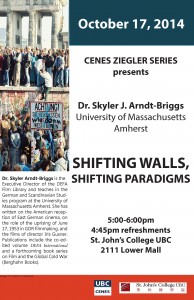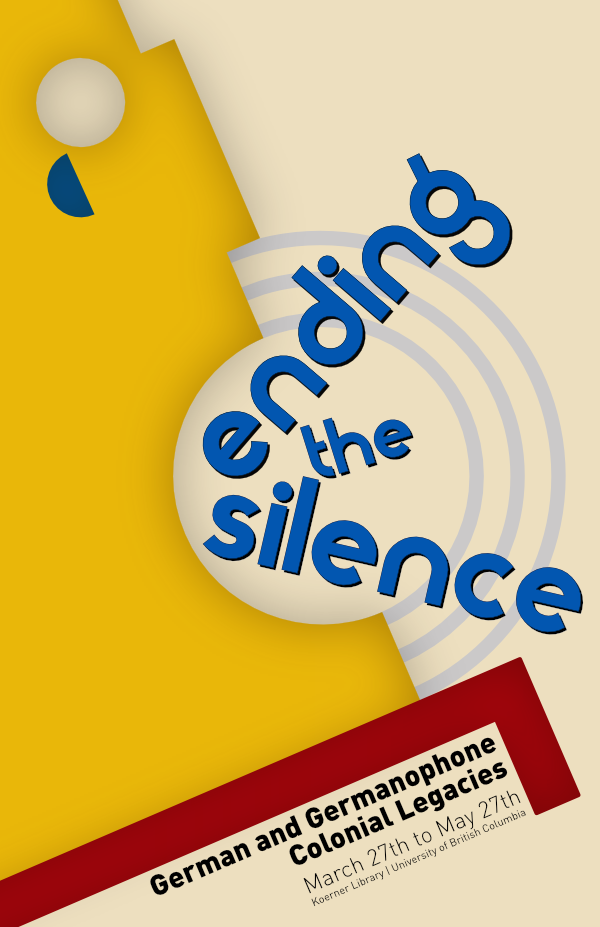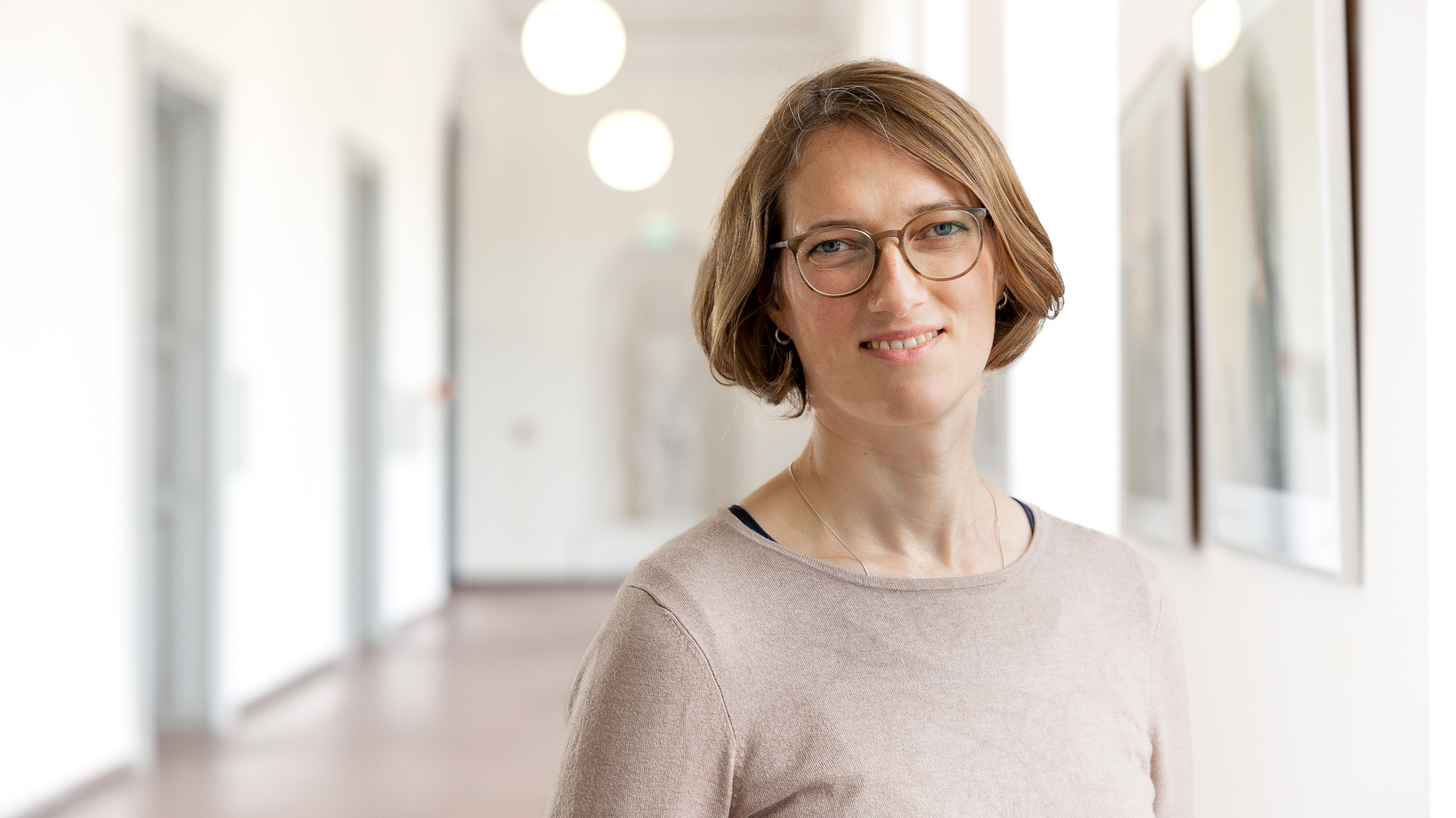CENES presents the next lecture in the 2014 Ziegler Visiting Speaker Series.

Professor Todd Kontje will present his keynote address to the graduate student conference “None of a Kind – Solutions to Dissolution.”
Saturday, October 18, 2014
4:30-5:30pm
Refreshments at 4:00pm
The Idea of Empire in German Literature: Before and After the Nation-State
Since the end of the Cold War nation-states seem in the process of dissolution, although in diametrically opposed ways. On the one hand, separatist movements from Catalonia to Scotland seek to redraw national borders in accordance with the desires of sub-national groups for political autonomy. On the other hand, the process of globalization has forged new transnational alliances that threaten to dissolve national boundaries entirely. Recent works of “migrant” literature and film have provoked a category crisis, as they do not fit neatly into national literary paradigms.
This talk will place recent developments in German cultural history into a very long historical perspective. Nineteenth-century literary historians constructed narratives of the national literature based on notions of a linguistically and ethnically unified German people. In today’s globalized world, as peoples move and mix in ever-changing ways, such appeals to cultural homogeneity seem quaint at best; in Germany, given its still recent history of genocide in the name of ethnic purity, they seem dangerous. Cultural hybridity and cross-cultural exchange have become the norm in Germany and around the globe. Or rather: they always were the norm, a fact that histories of national literatures were keen to suppress.
As recent anthropological studies have shown, the Germanic tribes of Late Antiquity were hardly unified in any meaningful way (linguistically, politically, or ethnically), nor was there any direct line of descent from Arminius/Hermann to Charlemagne or Barbarossa. Thus rather than looking for the source of an untrammeled German identity defined in opposition to ancient Rome, Kontje will suggest that we look at the Roman Empire itself as a model that has been appropriated in various ways by German-speaking central Europeans over the past two millennia. It is time to stop thinking about today’s multicultural present as a deviation from a culturally monolithic past. We should rather consider the various permutations of “German” identities that have been negotiated between the local and the global from Late Antiquity to the present day.
Todd Kontje is a Distinguished Professor of German and Comparative Literature at the University of California, San Diego, where he teaches classes on various aspects of German and European literature. He is the author of books on the German Bildungsroman, Women Writers of the 18th and 19th centuries, Orientalism, and Thomas Mann. Professor Kontje has received fellowships from the German Academic Exchange Service (DAAD), the Alexander von Humboldt Society, the National Endowment for the Humanities, and the John Simon Guggenheim Memorial Foundation. Although he has written on a wide variety of authors and periods of German literature, his work has consistently focused on the relation between literary form and socio-historical context. His current project focuses on the concept of empire in German literature from the Middle Ages to the present.


